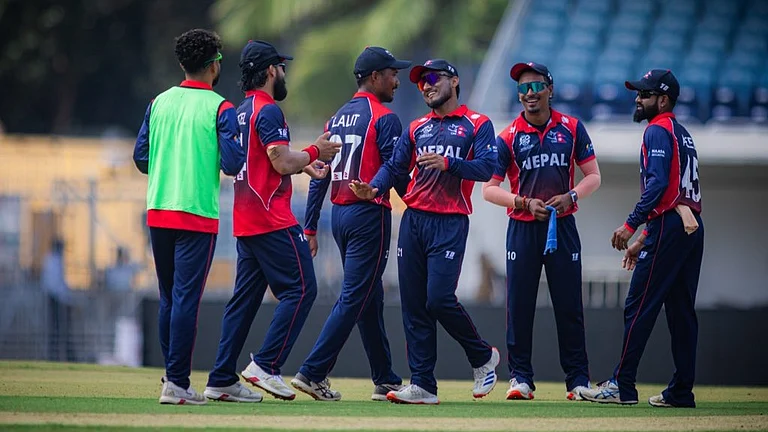The pandemic has changed our lives forever. Most of us are trying our best to find the balance between managing family time, homeschooling, remote working and taking time out for ourselves. And this can be quite daunting for some. One silver lining is that our children have largely been spared from the severe symptomatic reactions of the virus. However, in other ways the children are the most impacted. Missing school or playing with friends, worrying about loved ones, confusion or boredom can lead to problems more severe than we imagine.
However, children do have astonishing resilience. They tend to respond to crises in ways that seem beyond their years. And those little acts of maturity give hope to all those around. During this pandemic too, we’ve seen children react similarly, especially when it comes to hygiene habits. I’m sure all of us have seen videos of toddlers recognising sanitiser dispensers before other everyday objects. Seeing children adopt these habits is surely a catalyst for all of us to do better.
These habits, if maintained, will have utility far beyond the pandemic. According to WHO, inadequate hygiene and sanitation practices in India contribute to high neonatal mortality rate as well as diarrhoeal deaths of children under five years of age. Therefore, it is critical for us to encourage our children to continue to practise the good hygiene habits they have learnt. Not only as a means to protect themselves but also as an example to others around.
Dettol, with its history of working towards driving behavioural change, promises to play an important part in creating a healthier, more hygienic world. Our flagship Dettol Banega Swasth India programme has been instrumental in creating awareness around hygiene and sanitation while empowering citizens with better health outcomes across the country. As part of the Digital Handwash Curriculum, we have created 1,54,000 awareness sessions on handwash and hygiene, impacting over 13 million school children in 6 lakh-plus schools via e-curriculum and offline curriculum across Bihar, Gujarat, Maharashtra, Telangana, Uttar Pradesh, Rajasthan, Andhra Pradesh and Tamil Nadu, among other states.
With the second wave in India, the pandemic re-emerged with a vengeance. Dettol, knowing the special role played by children in the pandemic, decided to use their voice to convey an important message via the Dettol Anthem. The anthem not only highlights the importance of good habits and vaccination, but also sends a message of hope. Children once again will play the role they have played so far. Being agents of change.
During the pandemic, when so many of us were struggling to cope with the new reality, there were some brave souls who emerged in strong support of the community. These COVID-19 warriors selflessly dedicated their time, effort and resources to help those in need, touching thousands of lives across India. We were truly inspired by these stories and wanted to pay tribute to their valiant efforts. With our #DettolSalutes campaign, we showcased these inspiring tales front and centre of our Dettol Liquid handwash packs, replacing our logo for the first time in the history of the brand.
One amongst them is Nirvaan, a 12-year-old boy from Kochi who, after reading about the hardships of frontline warriors, decided to get in touch with the police to understand how he could help. Nirvaan led a group of his friends to create posters encouraging and applauding the work done by police officials in his city. He also helped raise funds to provide refreshments for officers on duty to help them sustain through long hours and scorching heat. I’m sure there are many such stories yet to be told. Just one more example of how children could be a catalyst for everyone around.
Together, this heightened awareness of hygiene practices and a greater sense of social awareness in this generation of children gives me a lot of hope that our dream of a healthier, more hygiene is that much closer.
Dilen Gandhi is Regional Marketing Director, South Asia – Health & Nutrition, Reckitt























